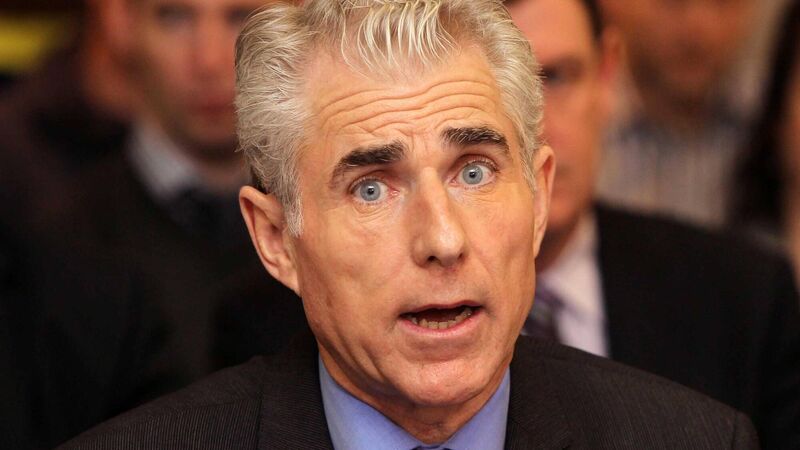Liam Doran 'none the wiser' about Sláintecare's future after meeting Health Minister

Liam Doran, a member of the Sláintecare Implementation Advisory Council, said he did not know why two people had resigned. Picture: Sam Boal/Photocall Ireland
A member of the Sláintecare Implementation Advisory Council has said he is "none the wiser" following a meeting with the Health Minister as to why two other members of the Council resigned - or where the Sláintecare plan is going.
Liam Doran, a former general secretary of the INMO, was among the members of SIAC who met with Stephen Donnelly on Friday evening, the first such meeting since the shock resignations last week of the council's chair Professor Tom Keane and executive director Laura Magahy.










